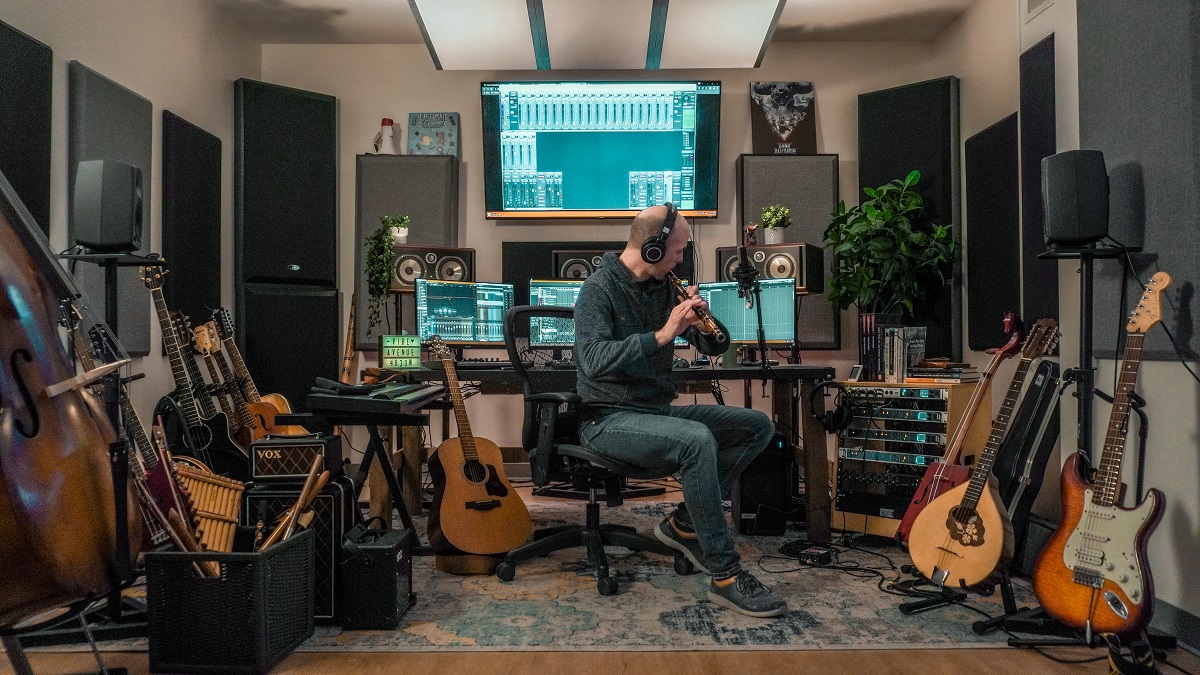PTW‘s Side division has acquired Vibe Avenue, an award-winning interactive music and sound studio, for $1.46 million.
The Montreal-based studio will be rebranded as Side Montreal and will bring sound design, music composition, and soundtrack production expertise to Side’s existing audio offerings. PTW, formerly known as Pole To Win, is a big game services firm based in Japan. It has 6,000 people.

Unlock premium content and VIP community perks with GB M A X!
Join now to enjoy our free and premium membership perks.
![]()

![]()